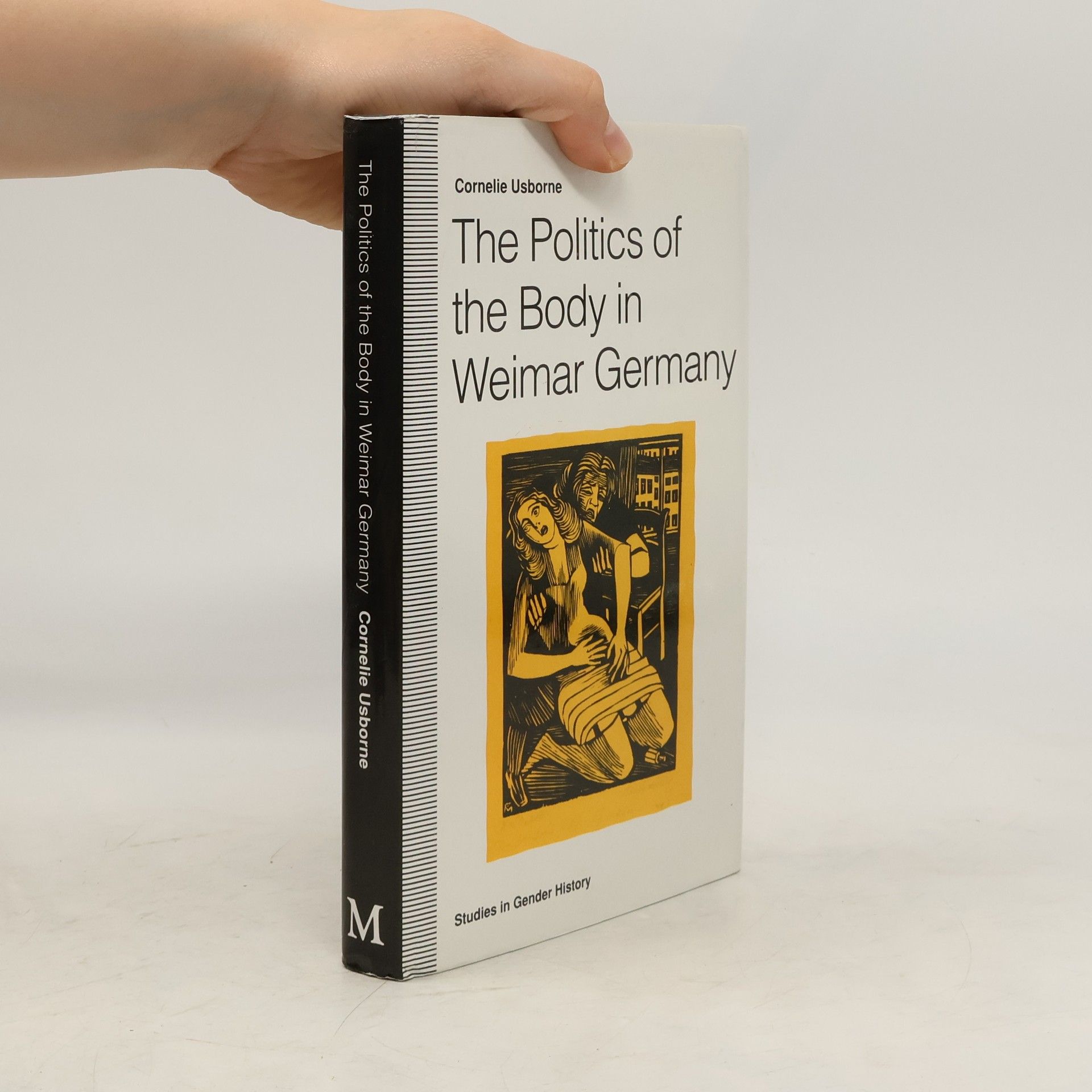Exploring women's employment from 1700 to 1850, this book focuses on Essex and examines various sectors including the worsted industry, agriculture, and service. It analyzes themes such as the sexual division of labor, the impact of capitalism, and the concepts of 'separate spheres' and 'domestic ideology.' By addressing contemporary historical debates, the book provides insights into the continuity and change in women's roles during this transformative period.
Studi di Storia di Genere Serie
Questa serie si addentra nell'intricato e spesso trascurato mondo della storia di genere. Esplora come i ruoli e le identità di genere siano stati plasmati, sfidati e trasformati nel tempo. Ogni volume offre prospettive inedite su momenti e figure cruciali che hanno influenzato la nostra comprensione del passato. I lettori possono aspettarsi una ricerca profonda e stimolante che illumina la complessa interazione tra genere, potere e società.


This book analyses how the Weimar Republic put Germany in the forefront of social reform and women's emancipation with wide-ranging maternal welfare programmes and labour protection laws. Its enlightened policy of family planning and liberalised abortion laws offered women a new measure of control over their lives. But the new politics of the body also increased state intervention, the power of the medical profession and the tendency to sacrifice women's rights to national interests whenever the Volk seemed in danger of 'racial decline'.